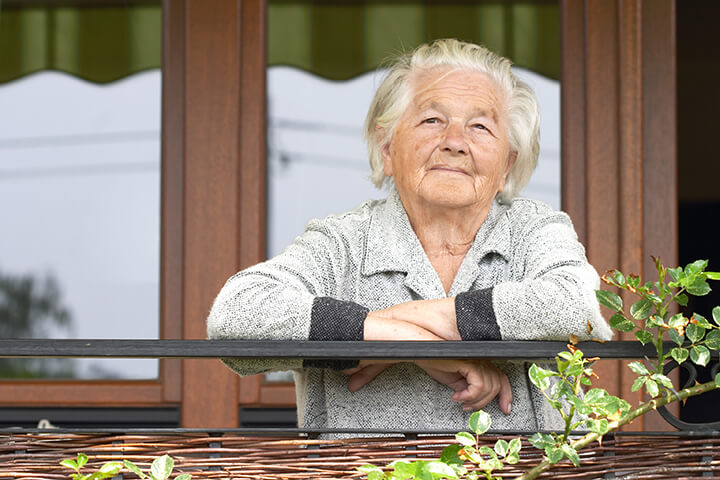
While it’s desirable for seniors to remain independent for as long as possible, safety concerns have to be a priority when caring for individuals with dementia.
Individuals with dementia may forget how to perform simple and potentially dangerous tasks or become so distracted they are unaware of safety hazards. Often forgetful, confused or agitated, individuals with dementia can act in ways that can threaten their safety.
Assessing the home situation can help prevent accidents and reduce some common safety hazards. The first step is to consider the possible safety hazards. Non-medical in-home care is in a unique position to provide valuable information on the safety risks faced by individuals with dementia. These professional caregivers have experience in creating and maintaining an overall safer environment.
Everyday Hazards
Everyone is occasionally forgetful, but individuals with dementia may not remember how to use a can opener or brush their teeth. They may also be easily distracted. As a result it’s easier for a person with dementia to make a dangerous mistake such as turning on the gas and forgetting to light it. Or to forget they started cooking dinner before they wandered away. And what happens if they don’t remember to turn off the coffeemaker or the iron?
Individuals with dementia may also overlook bills and wind up without heat in the winter or electricity to run an air conditioner during the summer. Due to changes in the brain’s ability to perceive time, they may not remember whether they’ve eaten recently.

Making a home situation as safe as a possible starts by asking questions. What might possibly pose a risk in the home environment? How can we protect the individual while helping them to feel more comfortable at home? How much daily care does that person need?
Because of physical problems such as changes in balance and in depth perception, individuals with dementia may experience problems getting around the house safely. They may find it difficult to organize their homes, and thus create more hazardous clutter to trip over. They may become disoriented in the dark. Preventing falls is a huge safety priority because the injuries associated with falls for the elderly are more severe than when they were much younger.
Making the Home a Safe Environment—Asking Questions Helps Minimize Risks
Making a home situation as safe as a possible starts by asking questions. What might possibly pose a risk in the home environment? How can we protect the individual while helping them to feel more comfortable at home? How much daily care does that person need?
Here are additional questions to ask when assessing a home situation:
- Are all safety devices such as fire alarms and carbon monoxide detectors working?
- Is the house well lit at night? Installing night lights can help prevent falls.
- Does the house need cleaning services to maintain a safe level of hygiene?
- Can appliances such as coffeemakers, kettles, and irons be replaced with those that have an automatic timed shut-off feature?
- Should the water temperature be adjusted? Is it so hot that the individual could be hurt?
- Should the bathtub be replaced with a walk-in shower with hand rails and non-slip decals on the floor?
- Do all the carpets have non-slip backing to prevent falls?
- Would it help to label cabinets to remind the individual what’s inside? Should written instructions on how to use appliances be provided?
- Is the individual is prone to leaving the gas? If so, should the oven be fitted with an isolation valve to ensure the gas is turned off after a certain period?
- Do sharp objects, firearms and medication need to be locked up?
- Does the individual need the help of an occupational therapist to perform basic tasks safely.
- Should any areas be off limits? The kitchen, the garage, the basement? If so, these areas should be locked and secured.
- Do others have access to the house if the individual is unable to answer the door?
- Can the person be left alone? Ever?
Oversight Helps Individuals Remain Independent
Performing preventative safety measures can help individuals with dementia stay independent for as long as possible, and naturally non-medical home help plays an important part in any care plan. These professionals can help individuals with dementia eat nutritious meals, live in a clean environment and exercise enough to remain healthy.
Contact Caring Hands Matter Today
While family and friends can take measures to keep the individual safe, it’s smart to enlist the services of experts who can objectively assess safety hazards for an individual with dementia and also have experience dealing with similar situation. If you would like additional information on how to keep your loved one safe through professional caregiving assistance, please contact Caring Hands Matter by giving us a call or by sending us a message online today.